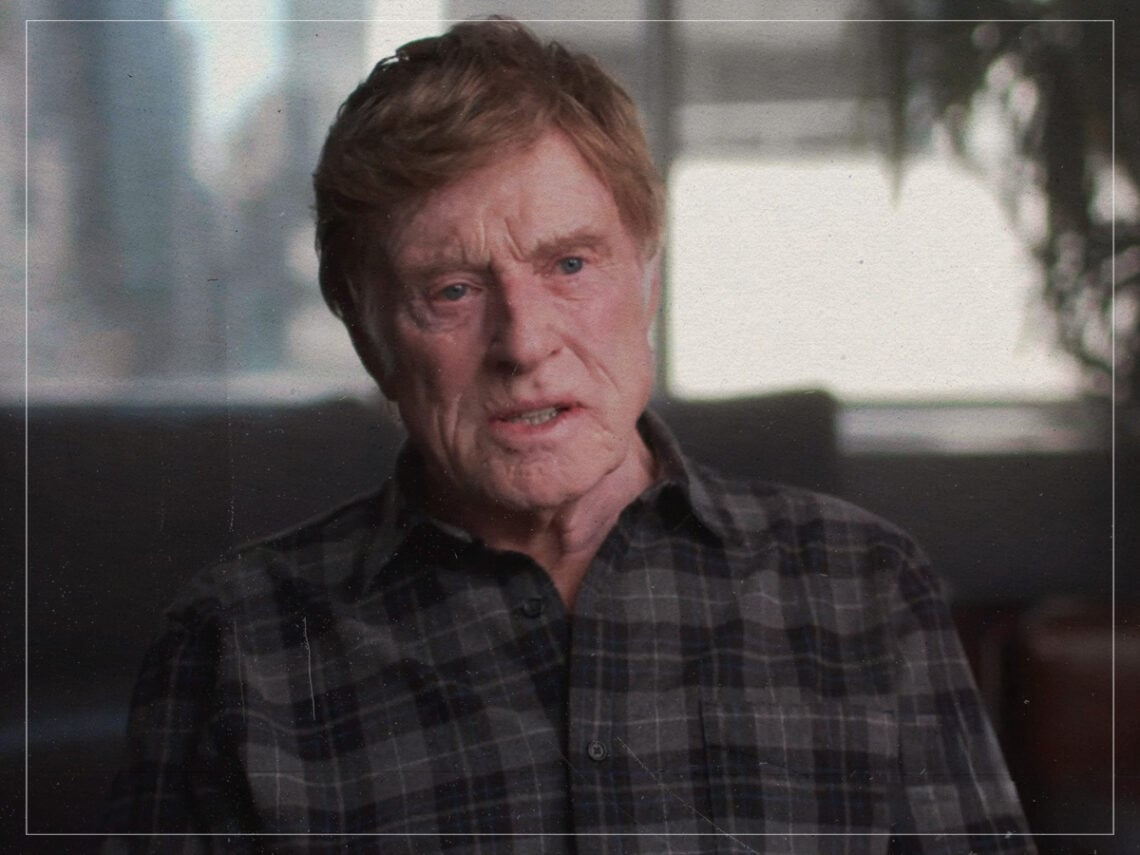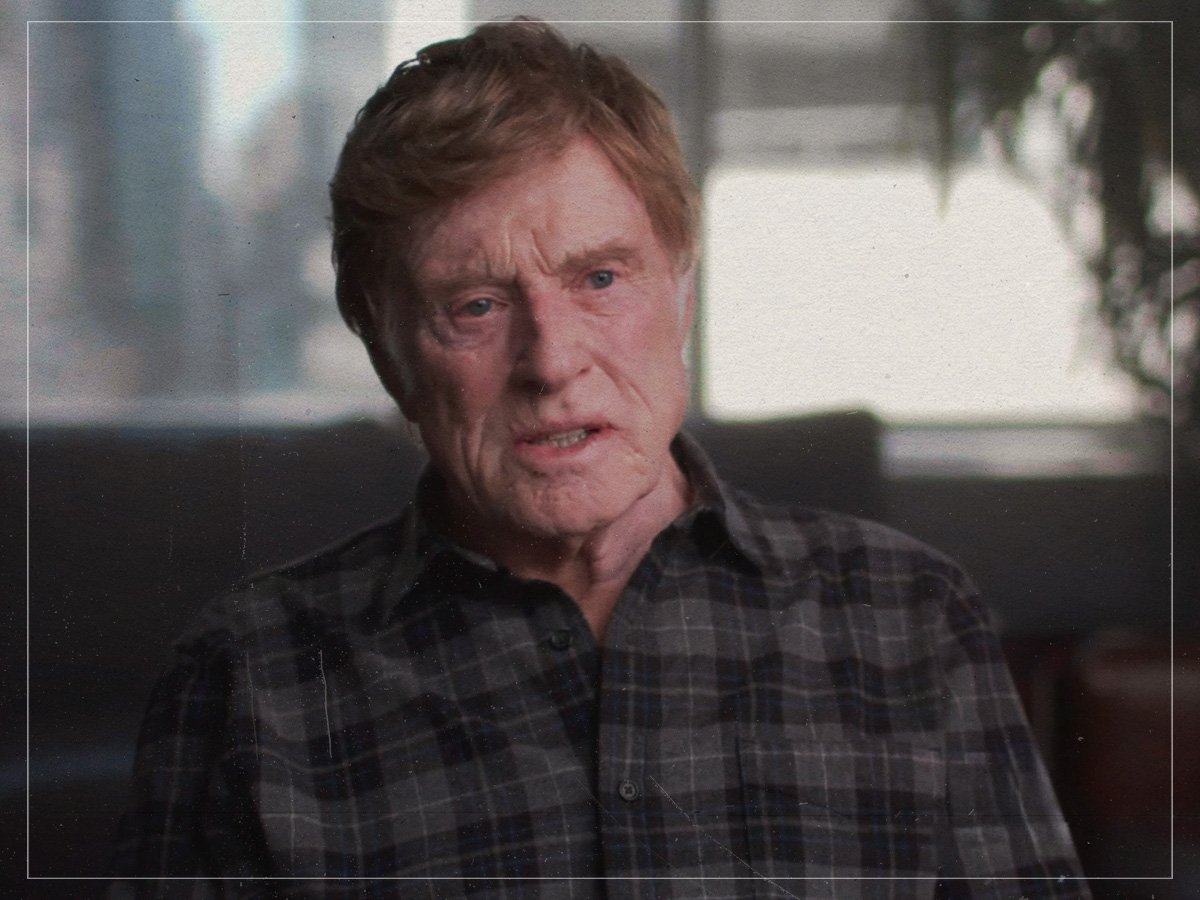
(Credits: Far Out / YouTube Still)
Sat 9 August 2025 17:15, UK
The film industry is famously unkind to those with bold or unconventional ideas, with the suits preferring to greenlight projects that will earn them money and make a solid return on their investment.
While this might sound like a practical approach towards business, it has always been one of the most destructive forces in the industry, with original ideas being killed or not properly supported due to the studios’ fears of taking a risk. However, some of the greatest films ever made have been the ones that took huge risks, showing that this is always the way to nurture and create great art.
Whether it be the initial trepidation towards Steven Spielberg’s shark horror or the chaos that was unleashed after Julia Ducournau’s sophomore debut, there is no denying that groundbreaking ideas require a little bit of thinking outside the box, something that Robert Redford has plenty of experience with after being a champion of independent filmmaking from the very start.
While many know Redford for his on-screen presence, he is also widely respected and revered for his work as a producer and director, raising projects from the ground up and pushing for unique stories to be brought into the world. His passion for indie filmmaking has led to a variety of projects and fascinating career choices, with one being his creation of the Sundance Film Festival (named after his character in Butch Cassidy and the Sundance Kid).
However, despite having many success stories under his belt, Redford faced his fair share of challenges in bringing stories to life, with one particularly troubling experience with his 1969 film Downhill Racer. The actor was a fierce champion of the project from the very beginning, doing everything in his power to get it made. But even with all this effort, it was met coldly by the distributors in the business, with Redford describing his struggle to let it be seen.
When explaining his struggles, Redford said, “In 1969, I made my first independent film, Downhill Racer—a small, character-focused movie about a Pyrrhic victory. That was when I learned about how the film industry really works. I didn’t take an actor’s salary or a producer’s fee to make the film. I sacrificed a lot; it was real guerrilla filmmaking.
“Merely getting the idea on screen was far more meaningful to me than the money. I simply presumed that once the film was made, it would be distributed. I had no inkling that before we were even finished shooting, the studio had already written off my movie because they thought it wasn’t commercial”.
It’s an incredibly harsh and reductive system that barely gives a chance to independent projects, with Redford expanding by saying, “The film distribution system back then was a closed one—the studios and theater chains had relationships that went back 40 or 50 years. The studio simply tossed Downhill Racer away without a second thought. I broke my heart trying to get that film promoted and distributed. Of course, Hollywood isn’t about art; I knew that.
“But I wasn’t aware that if you really want a studio to make and distribute your film, you have to answer the only question that matters to the executives in the industry: How will your project make money?”
It’s a sad truth in the business that still dominates the mindset of most people in power, choosing to make stories that will play it safe and stick to the status quo. But Redford’s work to champion these kinds of projects was not in vain, with the actor helping many directors share their visions.
Related Topics

